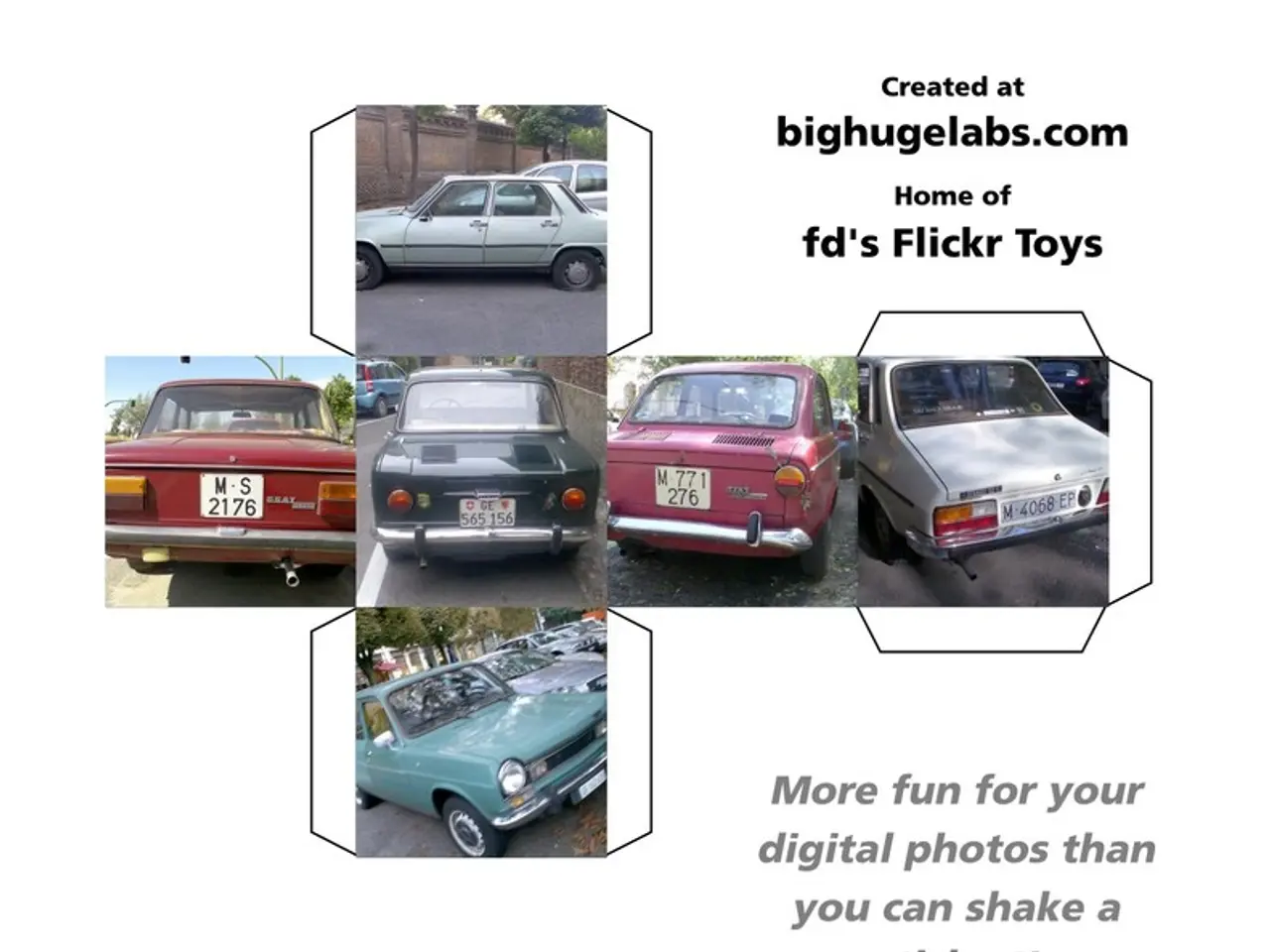Government's Proposed Petrol Scooter Ban in Hanoi's Heart for 2023 Sparks Concerns Over Livelihoods
In the bustling city of Hanoi, Vietnam, a significant shift is on the horizon. The Vietnamese government has announced plans to ban petrol motorbikes, a move aimed at improving the city's air quality and reducing external pollution.
The primary sources of external pollution in Hanoi, according to recent studies, include emissions from informal recycling villages and field burnings in crop rotations. However, petrol two-wheelers, with Hanoi boasting approximately seven million motorbikes, make a significant contribution to the city's poor air quality.
The ban, set to take effect within Hanoi's Ring Road 1 by July 1, 2026, is part of a broader push to phase out fossil fuel transport. The government has set ambitious targets for the adoption of electric vehicles (EVs); by 2030, 30 percent of cars and 22 percent of motorbikes nationwide are expected to be electric-powered.
Vingroup, a Vietnamese conglomerate founded in 2017 and based in Haiphong, stands to benefit significantly from this shift. Vingroup's electric car and motorbike brand VinFast, electric taxi and ride-hailing service Xanh SM, and electric charging infrastructure company V-Green are poised to see growth as a result of the motorbike ban.
However, the ban is a cause of concern for many, particularly Hanoi's poorest residents who depend on their motorcycles to earn a living. The cost of an electric bike in Hanoi is approximately $1000, a financial burden for some low-income earners. To alleviate this, the city has proposed financial support packages, covering 100 percent of registration and licence issuance fees for new electric motorbikes, and providing financial support ranging from 3 to 5 million Vietnamese dong.
The Hanoi Department of Construction has also proposed measures to address the potential impact on the city's most vulnerable residents. Critics, however, question the feasibility of enforcing the ban within such a tight timeframe due to limited public transport, patchy electricity grid, and lack of charging infrastructure in the city.
Air pollution in Vietnam causes approximately 70,000 deaths annually, according to the World Health Organization. Half of the deadly PM 2.5 particulate matter in Hanoi's air pollution comes from outside the urban core. The ban on petrol motorbikes is expected to expand to Hanoi's Ring Road 2 by January 2028 and to Ring Road 3 by 2030.
Netizens in Vietnam have suggested, without evidence, that Vingroup is behind the motorbike ban. Criticism of the conglomerate has focused on potential cronyism and the financial burden on the population. However, Vingroup has not publicly commented on these allegations.
As the deadline for the ban approaches, the debate continues. While some see it as a necessary step towards cleaner air, others fear it will disproportionately affect Hanoi's poorest residents. The city's future hangs in the balance, with the success of the ban potentially determining the path towards a greener, healthier Hanoi.
Resident Mai, who frequently experiences air pollution in the form of thick fog, hopes for a solution that balances environmental concerns with the needs of the city's residents. "I just want to breathe clean air and earn a living," she says. "I hope the city finds a way to make this work for everyone."
Read also:
- Peptide YY (PYY): Exploring its Role in Appetite Suppression, Intestinal Health, and Cognitive Links
- Toddler Health: Rotavirus Signs, Origins, and Potential Complications
- Digestive issues and heart discomfort: Root causes and associated health conditions
- House Infernos: Deadly Hazards Surpassing the Flames





